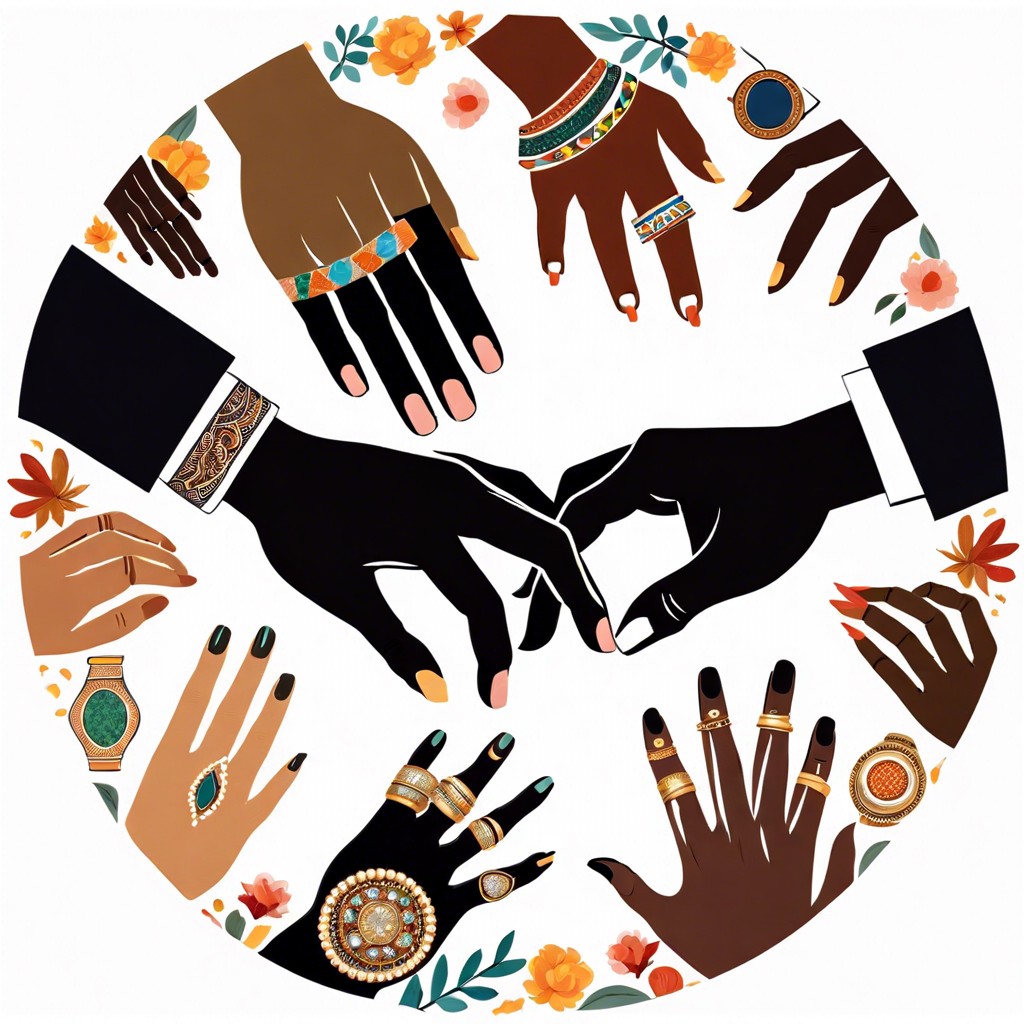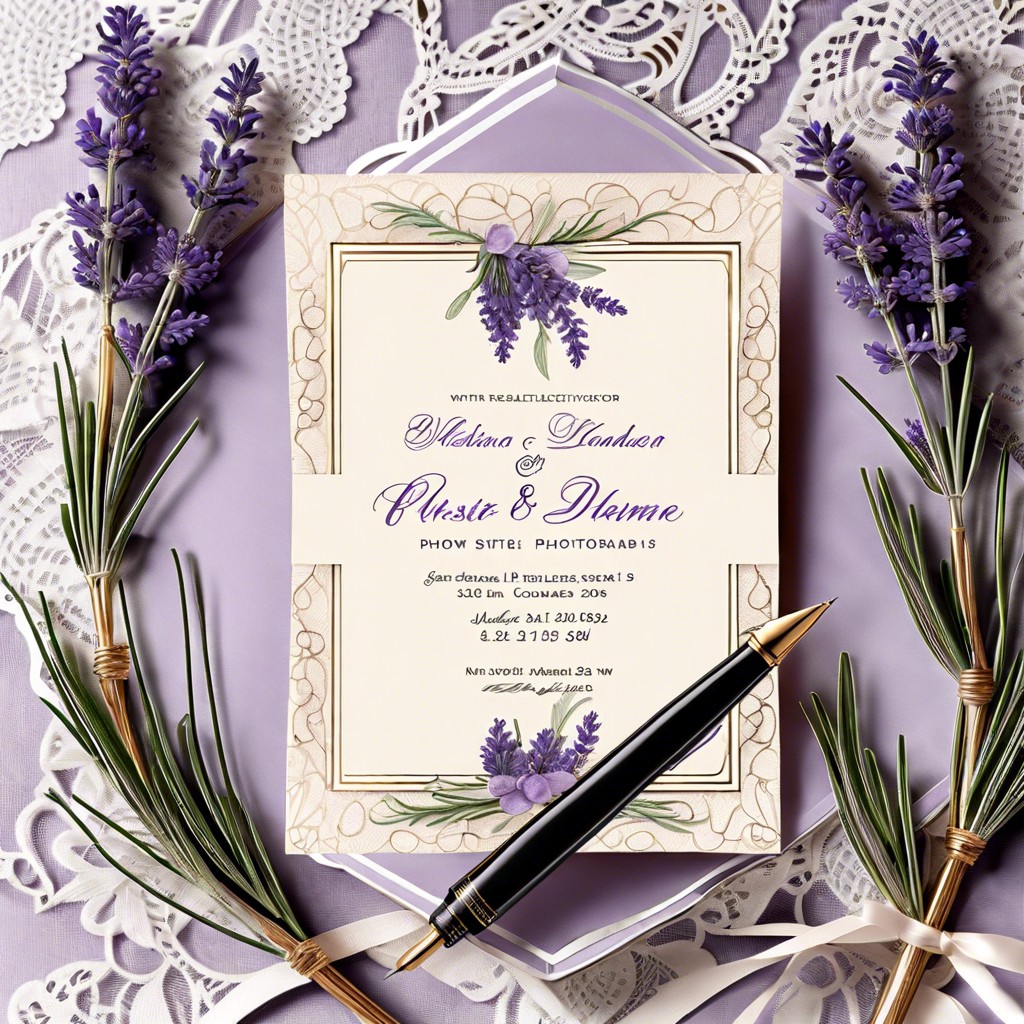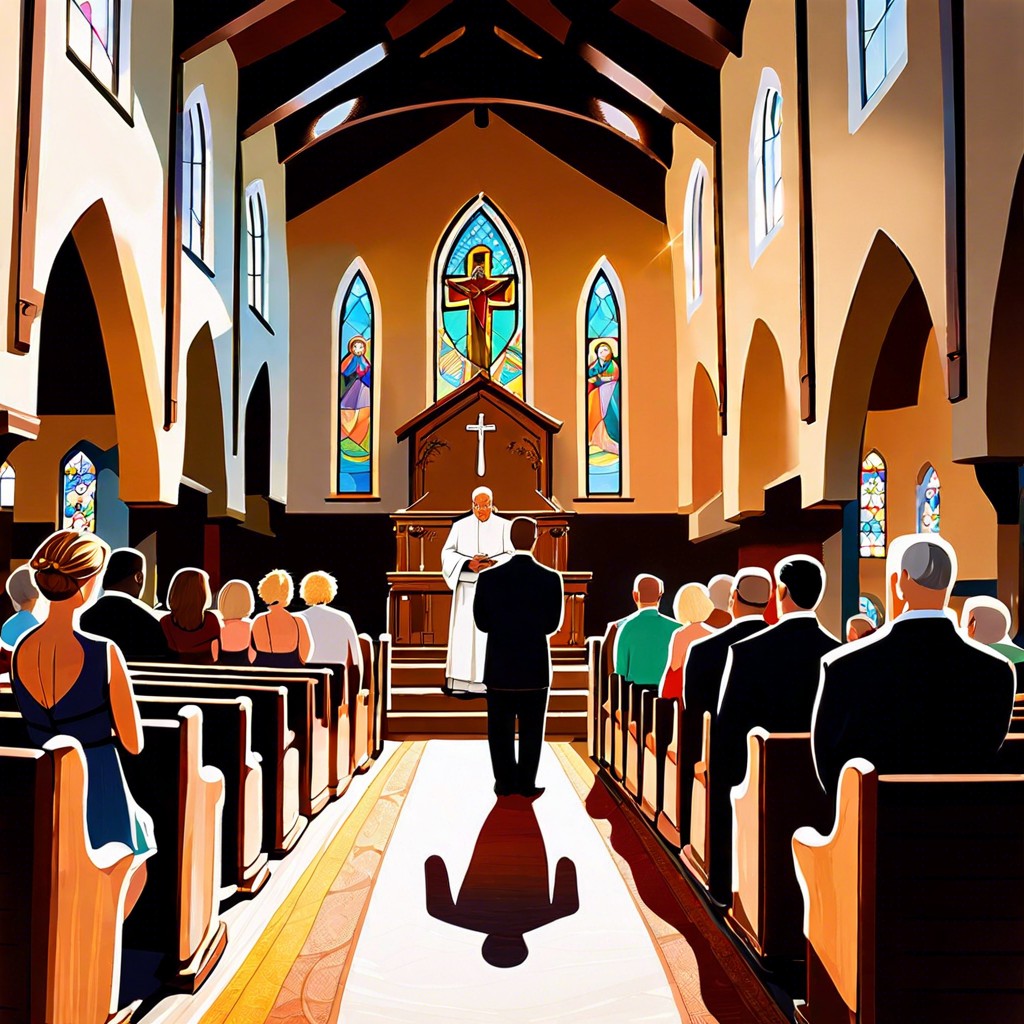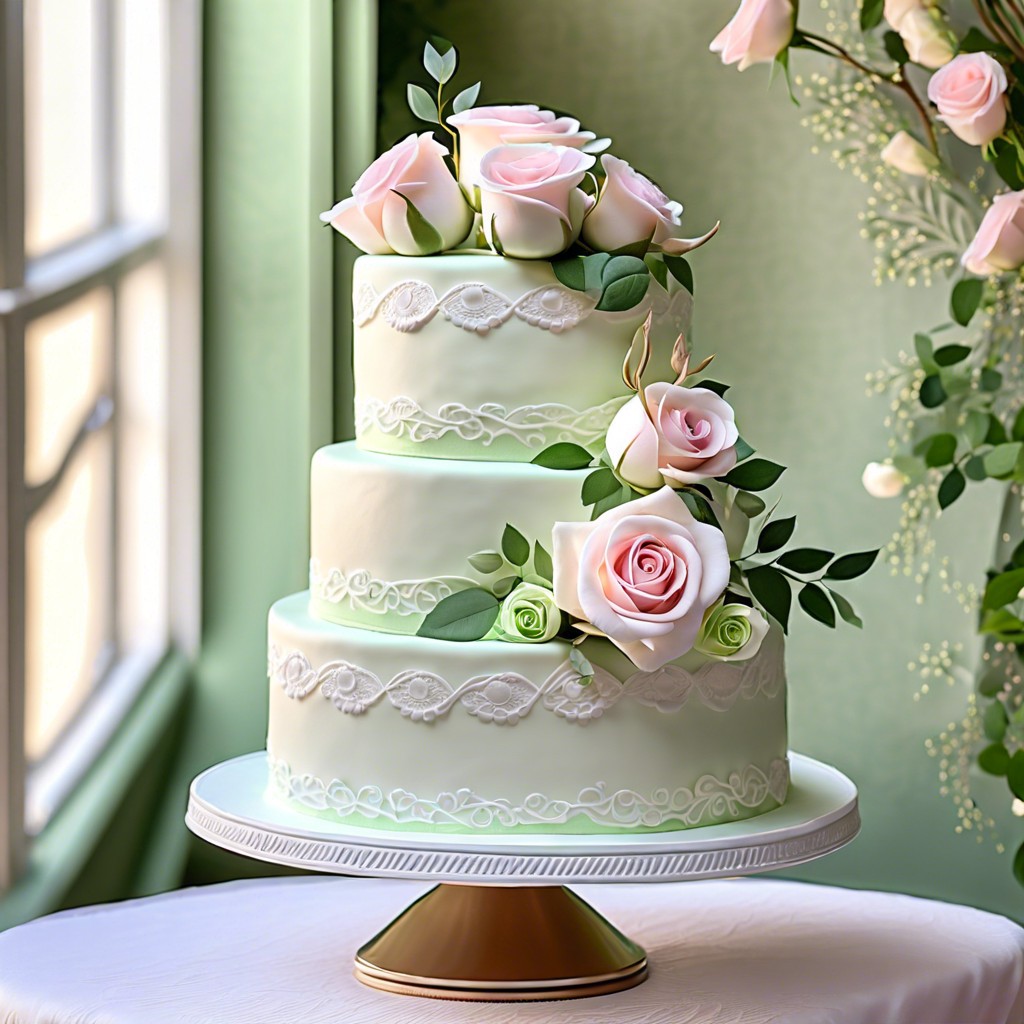This article reveals the factors that influence the cost of a wedding DJ and how to budget for this essential entertainment service.
Key takeaways:
- Average wedding DJ cost: 0-,500, higher for experienced DJs
- Factors influencing prices: location, date, hours of service, additional services, equipment needs, travel distance, customization requests
- Tips for saving money: book during off-peak season, bundle services, negotiate rates, seek referrals
- Understanding what’s included: playing time, equipment, transportation, planning sessions, extras, expertise
- Key questions to ask: experience, music library, additional hours cost, equipment and backup, MC services, breaks and meals, contingency plan
Average Wedding DJ Cost
On average, couples can expect to invest between $800 to $2,500 for a professional wedding DJ. This price range typically covers several hours of music and entertainment, as well as a basic sound system suitable for the venue size. Keep in mind, high-demand DJs or those with extensive experience may charge upwards of $3,000 or more. The cost often reflects the DJ’s expertise, reputation, and the level of personalization and service provided. Additionally, the time of year and day of the week can impact pricing, with Saturdays and peak wedding season, usually spring and fall, being the most expensive. Always confirm what is included in the pricing, whether there are additional costs for travel, setup, and overtime, to accurately budget for your wedding entertainment. Remember, a DJ does more than play music; they help set the mood, keep the event flowing, and can significantly contribute to the success of your celebration.
Factors Influencing Wedding DJ Prices

The location of your wedding can significantly impact the cost of a DJ. DJs in major cities or areas with a higher cost of living typically charge more than those in smaller towns or regions with a lower cost of living.
Experience and expertise of the DJ are major price determiners. More seasoned professionals with a solid reputation are likely to have higher rates than those just starting out or with less specialized skills.
The date of your event can affect DJ prices. Peak wedding season dates and weekends can drive up costs due to higher demand, whereas off-peak times like weekdays or winter months may lead to discounted rates.
The hours of service required will directly influence the total cost. Many DJs offer packages with a set number of hours and charge additional fees for overtime.
Additional services such as lighting design, photo booths, or special effects like fog machines can add to the overall cost. Many DJs provide packages that include these extras, but they can increase the price.
Sound equipment quality and the need for extra gear to accommodate larger venues or a greater number of guests can also affect costs. High-quality, professional sound systems are typically more expensive.
Travel distance to the event location can incur extra charges, especially if the DJ has to travel a significant distance or needs to stay overnight.
Customization requests for specific songs, playlists, or performance styles can require more preparation and therefore, may come with a higher price tag.
Understanding these factors is crucial when budgeting for a wedding DJ to ensure the entertainment aligns with your expectations and financial plan.
Tips for Saving Money On Wedding DJ Costs
Trimming wedding DJ costs doesn’t mean sacrificing quality. Consider booking during the off-peak season when demand is lower, often leading to discounted rates. Opting for a less experienced DJ or one that’s new to the industry can also yield savings while still providing a professional experience.
Another tip is to bundle services if your DJ offers additional options like lighting or photo booths. Packages can provide a better deal than hiring separate vendors for each service. Keep the playing time in check; limit the hours you need the DJ, focusing on key moments such as the ceremony, first dance, and the reception.
Negotiation can be your ally. Don’t hesitate to discuss the rates with your DJ—there may be wiggle room, especially if you’re flexible with your dates or willing to refer future clients.
Lastly, consider referrals from friends or family who may have insights on DJs who offer competitive pricing without compromising on the experience. Often times, word-of-mouth recommendations come with informal discounts.
Understanding What’s Included in a DJ’s Rate
When selecting a DJ for your wedding, it’s crucial to assess what their rate includes. Typically, a DJ’s fee will cover a predetermined amount of playing time, often ranging from four to six hours. Additional hours usually incur an extra charge.
Equipment is a key part of a DJ’s service; ensure that their quote encompasses all necessary sound equipment, lighting, and microphones for speeches. Some DJs provide their own high-quality speakers and lighting to create an ideal ambiance, while others might offer more basic setups.
Transportation costs can affect the overall rate, especially if your wedding venue is located far from the DJ’s base of operations. Clarify if travel expenses are integrated into the quoted price.
Many DJs also offer planning sessions to customize your music selection and reception timeline. These meetings allow you to discuss specific songs, genres, and the flow of the evening, ensuring that your personal taste is reflected in the entertainment.
Extras such as uplighting, special effects like fog machines, or additional equipment like a photo booth might not be included in the standard rate but can be added for a fee.
The DJ’s expertise and reputation also play a role in what they charge. Experienced professionals typically command higher fees due to their ability to manage the flow of the event and their extensive music libraries.
It’s beneficial to ask for a comprehensive breakdown of what the rate entails so there are no surprises and you can budget accordingly.
Key Questions to Ask Before Hiring a DJ
Before securing a DJ for your special day, a clear and open dialogue can ensure that your entertainment needs are thoroughly understood and met. Here are essential inquiries that could help you gain a comprehensive picture of the DJ’s offerings:
Ask about their experience with weddings, specifically, to gauge their understanding of the flow of such events and how they handle various scenarios that may arise.
Inquire about their music library and how they manage song requests from guests, as well as their ability to curate a playlist that reflects your taste and desired ambiance.
Clarify the length of time their services are provided and what the cost is for additional hours if the celebration extends beyond the contracted time.
Understand what equipment they bring and if it will be sufficient for your venue’s size. Do they also bring backup equipment to mitigate any unforeseen technical issues?
Determine if they offer MC services and how they plan to engage with your guests to maintain a lively and enjoyable atmosphere.
Discuss their policy on breaks and meals during your event, ensuring there are no surprises or lapses in entertainment.
Lastly, confirm their contingency plan should they be unable to perform on your wedding day due to an emergency or illness, guaranteeing that your entertainment needs will still be covered.



